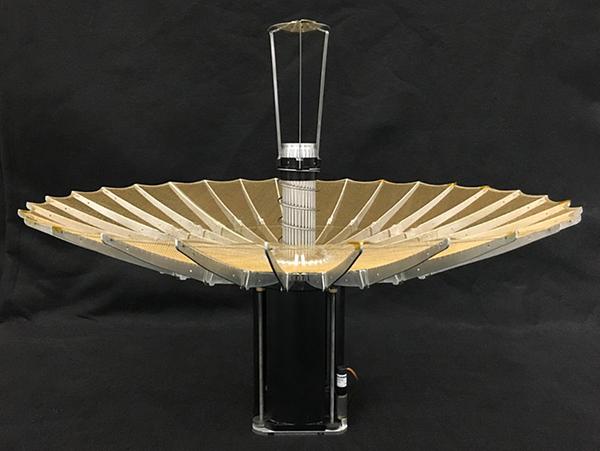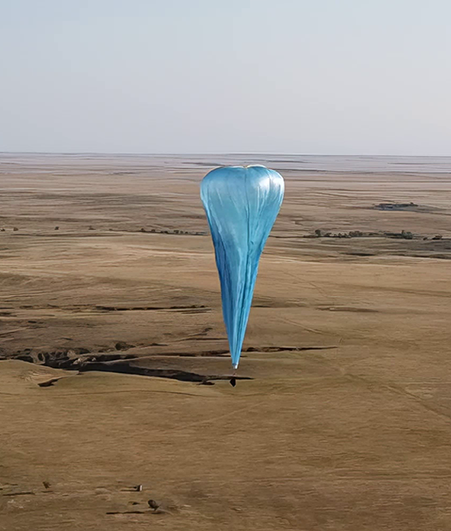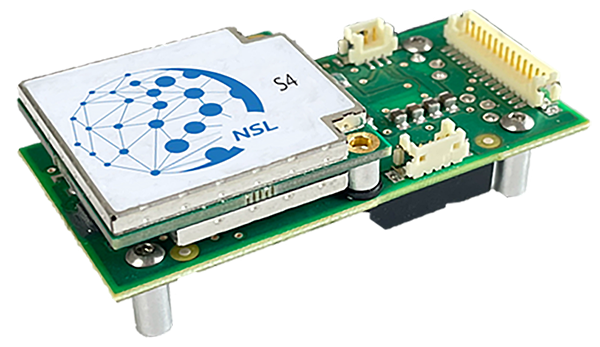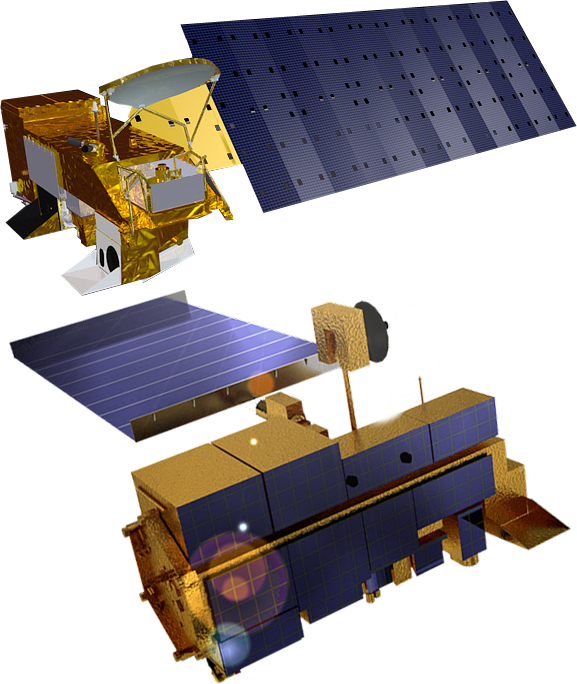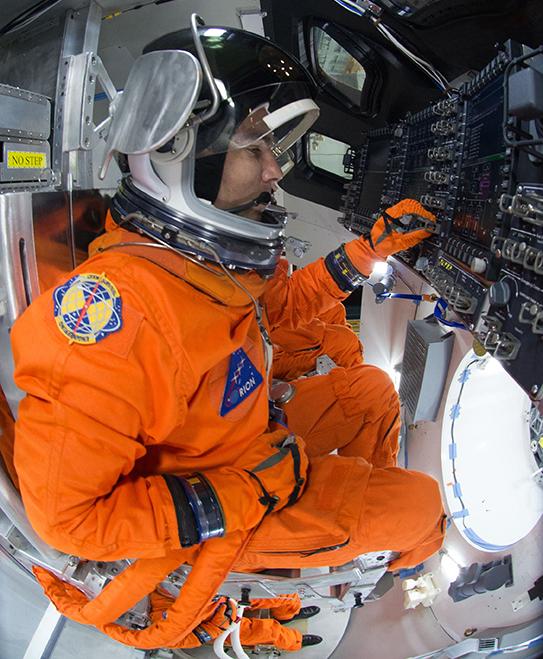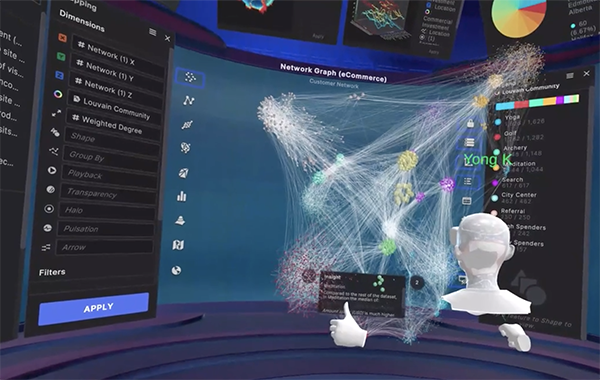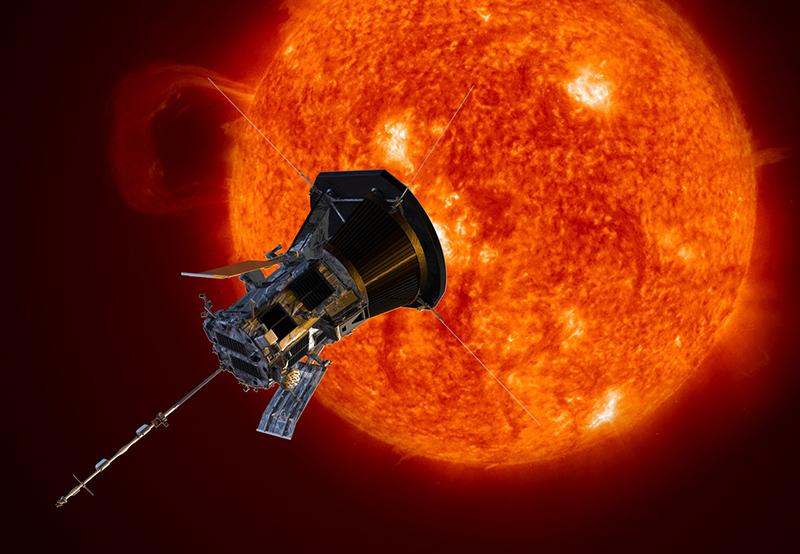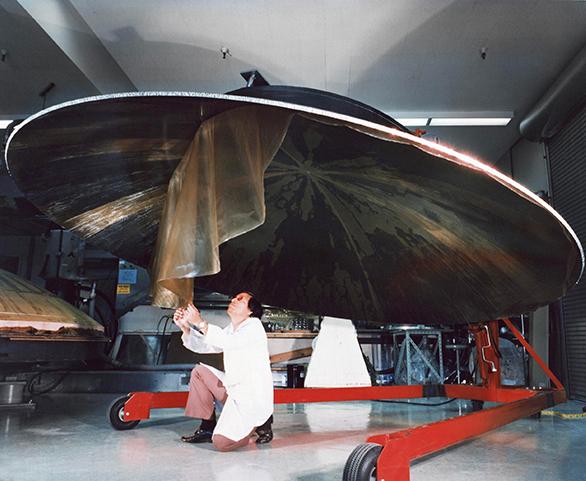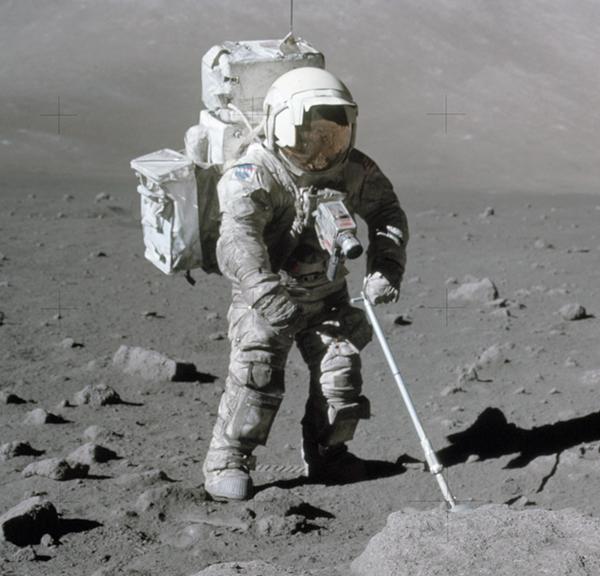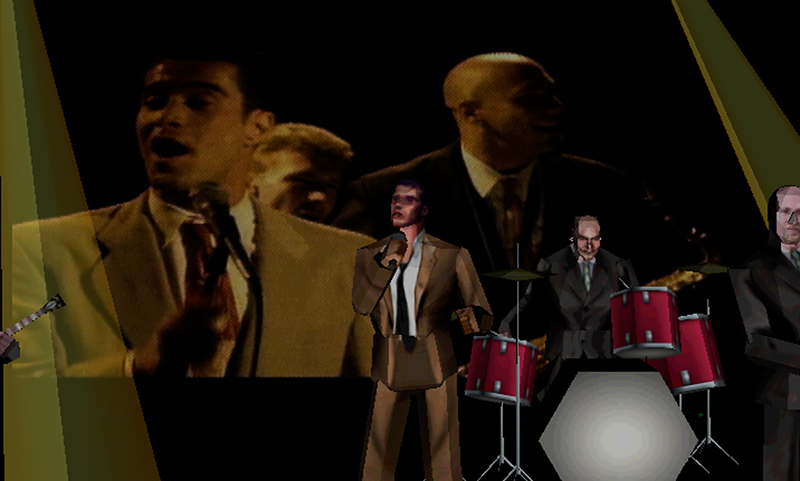
World Reaction to Virtual Space
While it may be a small world after all, it can be a virtual one as well DRaW Computing Associates, Inc., of Philadelphia, Pennsylvania, developed a virtual reality software package to support NASA's work on the International Space Station. Through a Small Business Innovation Research (SBIR) project managed by the Marshall Space Flight Center, the company developed software that creates complex virtual reality simulations of the Space Station's numerous components. While the first elements of the Space Station are already circling Earth, astronaut assembly crews face the daunting task of putting together the entire facility in orbit over many years to come. DRaW's powerful software, called OpenWorlds™, is facilitating the training of future assembly teams.
OpenWorlds'™ scripting, hardware, and graphical user interface (GUI) front- end permitted Marshall engineers to "be there without being there," enabling them to fashion the complex habitats, solar arrays, and other central elements in virtual space.
OpenWorlds™ is an open platform for 3-D graphics and virtual reality modeling language (VRML) 2.0 integration. With it, there is the ability to have realistic, interactive, moving worlds. It provides the advanced features of VRML 2.0 without all the effort. The OpenWorlds™ C++ library provides VRML 2.0 support for any application and any graphics server. In addition, sample source code demonstrates implementations of VRML 2.0 browsers on various graphics layers, including OpenGL®. Sample code showing the implementation of the build-in nodes is part of OpenWorlds™, as well as a GUI-based scene graphic viewer. With OpenWorlds™, applications can be made to support Java scripting and virtual reality hardware devices.
According to Dr. Paul Diefenbach, president of DRaW, "OpenWorlds™ is an open library accessible by all, open to platforms, open to scripting languages, open to change." VRML is viewed by many as a web-based language for graphics scene description, with additional scripting capabilities throughout. Dr. Diefenbach and his associates viewed VRML differently. Not only is it a powerful tool for graphics exchange, but ultimately, it is an extensible scripting language that also handles graphics scenes. VRML's promise lies in being a medium of exchange for all graphics and simulation systems, Dr. Diefenbach says.
DRaW was incorporated in 1991 and has specialized in 3-D graphics development and consulting, with an emphasis on human factors simulation. DRaW has worked closely with the University of Pennsylvania's Center for Human Modeling and Simulation, the developer of the leading human factors simulation software, Jack®,which is commercially available as Transom ™ Jack® from Transom Technologies, Inc.
As a result of NASA SBIR contract awards, OpenWorldsTM has led to the creation of Human OpenWorldsTM (HOWTM). Originally an add-on module to TransomTM Jack®, HOW provides the power of VRML scripting and transforms human modeling packages into true, interactive, immersive simulation systems by permitting the creation of reactive worlds. Where human factors packages offer control of the human figure, HOWTM provides a realistic virtual world in which the figure can interact. With HOWTM, "objects can have behaviors," Dr. Diefenbach says.
OpenWorlds™ is a trademark of DRaW Computing Associates, Inc.
OpenGL® is a registered trademark of Silicon Graphics, Inc.
Java™ is a trademark of Sun Microsystems, Inc.
Transom™ Jack® is a registered trademark of Transom Technologies, Inc.
Human OpenWorlds™ (HOW™) is a trademark of DRaW Computing Associates, Inc.
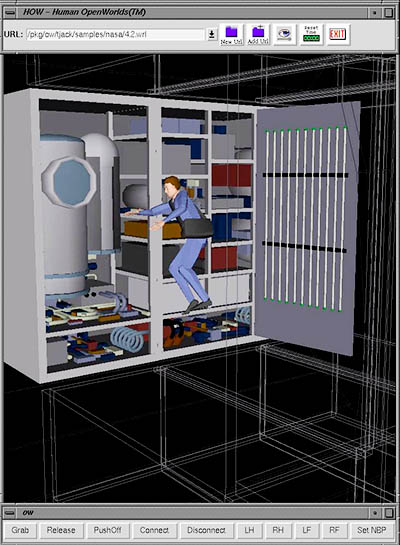
NASA-funded OpenWorlds technology is being used for graphics support in virtual worlds on the Internet.

OpenWorlds™ is being used for integration of live video and 3-D graphics in next-generation television research.





